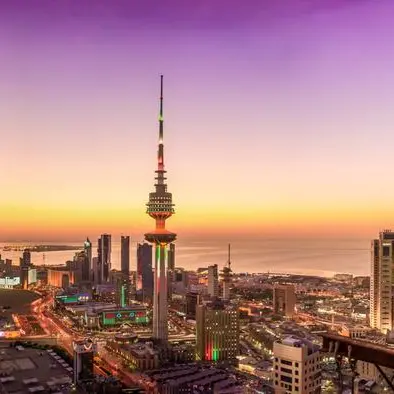PHOTO
Saudi Arabia will see non-oil growth of 4% in 2023 after 2022 ended with robust market demand and new business intakes during December.
The kingdom’s purchasing manager’s index (PMI) dropped during the month from a seven-year high of 58.5 in November to 56.9 in December, but still remained far above the threshold of 50.0 which indicates business expansion in the non-oil sector.
The kingdom’s Riyad Bank report for the month showed that the country closed the year with the strongest rise in job numbers in five years, and the fastest rise in selling charges since March 2022, but purchasing growth slowed in the last month of the year.
Naif Al-Ghaith, chief economist at Riyad Bank, said the private sector’s strength could be attributed to ongoing reforms under Saudi’s Vision 2030.
“We see operating conditions remaining favourable in December, characterised by rapid growth in the non-oil activities and a robust labour market by the end of 2022, with both jobs and wages having far more momentum than previously thought,” he said.
"The increase in interest rates has been offset by the rapid growth which is expected to be near 9% for 2022.
“This significant growth pushed prices even further in the service sector, pointing to an inflationary pressure caused by the demand side, especially in the service sector, that is shadowing the input cost.”
Prices, however, are expected to ease in the upcoming year with the anticipated drop in international prices caused by the high interest rate and recovered supply chains.
“All in all, December data points to a continuous growth for the fourth quarter with optimism on the upcoming year. This made us comfortability project growth of non-oil GDP to exceed 4% in 2023.”
The report said the increase in business activity slowed from November’s seven year high, but firms still saw higher sales and improving demand.
New orders rose with 30% of companies surveyed saying they had seen growth compared to the previous month, and sales rose in all four monitored sectors, with the strongest growth among service providers.
“Firms also reported a sharp increase in new orders from abroad, which panellists often attributed to higher demand from other GCC countries,” the company said.
Job numbers also grew at their fastest rate in five years to boost operating efficiencies, the report said.
Despite the overall positive sentiment, businesses said there was a reduced appetite to build input stocks and that purchasing activity rose solidly, but to a much lesser extent than in November.
Delivery times on inputs improved only modestly and weaker stockpiling efforts came amid a further increase in purchasing costs, which companies mainly linked to higher import fees and increased prices for inputs such as metals and electrical items. The overall rise in purchase costs was less marked than in November.
Non-oil companies maintained a broadly positive view but the degree of optimism weakened to a seven-month low and remained much softer than the long-run trend.
(Reporting by Imogen Lillywhite; editing by Daniel Luiz)





















